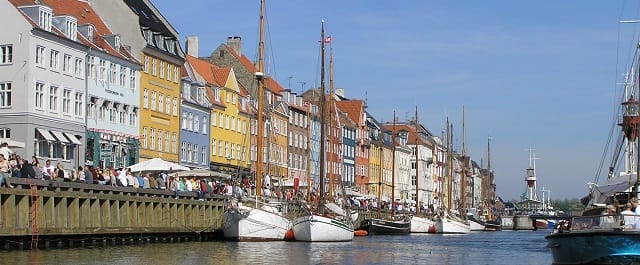To prepare for future, cities need goals and political will

How do you solve a pressing big-city problem?
One way is to summon the political will to find and implement an actual solution. This is what Copenhagen is doing to reduce its carbon emissions and dependence on fossil fuels. With a goal of becoming the “first carbon neutral capital” by 2025, it has put in place real improvements to make that happen … from building bicycle-friendly bridges and parking to using local labor and creating community-owned wind-energy facilities to fight NIMBYism and enlist public support.
Another way to solve a problem is to create the appearance of a solution without actually implementing one. In 2011, for example, Madrid was found to have moved some pollution monitoring stations to less pollution-prone locations, which led to the appearance it was improving its compliance with EU limits.
The second method, of course, doesn’t really solve the problem … as even those who decided to take that route surely knew. So why go with a non-solution solution?
Among the possible reasons could be lack of money, or lack of resources, or lack of knowledge. The most probable reason, though, is lack of political will.
Political will is a funny thing. When it exists, it seems that almost nothing can prevent the powers-that-befrom achieving what they want — consider, for example, Germany’s decision to phase out nuclear power in the wake of the 2011 Fukushima disaster in Japan. When political will doesn’t exist, however, even widespread public protests and other consequences aren’t always enough to bring about change.
All of which underscores, yet again, why smart people will always be the most important factor in making tomorrow’s cities smarter.




